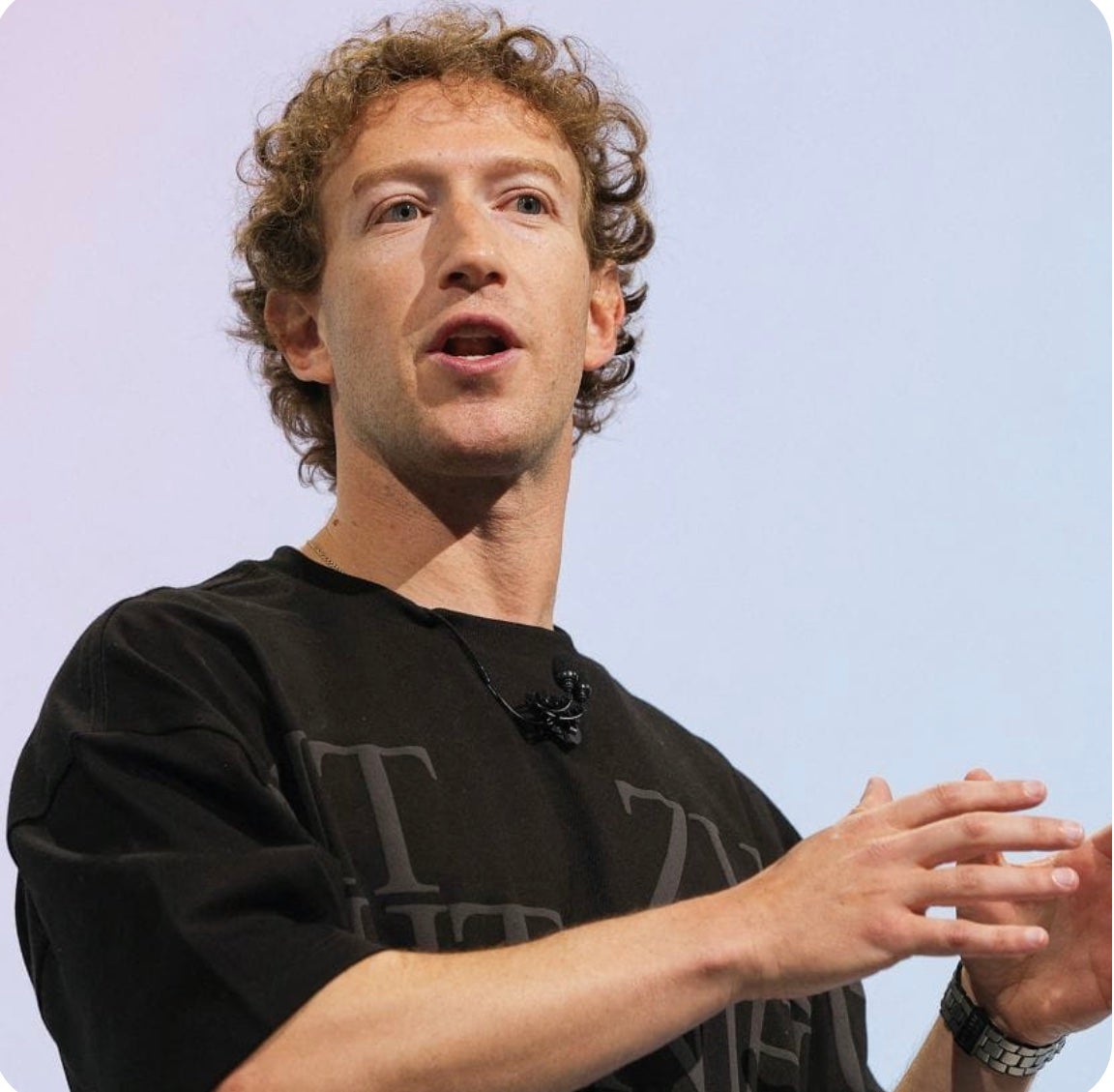
Meta was summoned to Washington to defend its acquisitions of Instagram and WhatsApp in a trial brought by the US Federal Trade Commission, which alleges the deals were part of a monopolistic strategy. The FTC wants Meta to divest these platforms to create a more level playing field in the social app market.
Meta, which went only by Facebook then, bought photo-sharing app Instagram in 2012 and messaging platform WhatsApp in 2014. It argues that the acquisitions fueled the apps’ growth and that there’s little evidence they would have evolved into viable competitors on their own.
On Wednesday, Meta CEO Mark Zuckerberg maintained that he never intended to stifle competition through acquisition, according to live reporting from The Verge. “Was the intent to stop offering or stop making Instagram good? Absolutely not,” he said. His hope was just to scale the app’s user base tenfold, but he had done so hundredfold by 2018.
Zuckerberg and the Meta team emphasised that the company has always faced — and continues to face — rivals while building Facebook, Instagram, and WhatsApp, including platforms like TikTok and Google Plus.
Day 1: Monday, April 14
The most significant points discussed on the first day centred around TikTok. While the FTC wants to prove that Meta has monopolised the market of social apps that “connect friends and family,” it does not include TikTok in that market.
Meta argues that the Chinese video-sharing app should be seen as a viable competitor that holds comparable market value, according to The Verge. For instance, when TikTok was banned in the US for one day in January 2025, Facebook and Instagram usage spiked by 20% and 17%, respectively. If Zuckerberg can prove that the FTC’s market definition is too narrow, Meta could win the case.
The courts also heard that, in February 2012, Zuckerberg considered acquiring Instagram but did not make any significant changes to avoid creating “a hole in the market for someone else to fill.” Nevertheless, per The Verge, the CEO said he never took this route.
Day 2: Tuesday, April 15
Zuckerberg was asked to explain why, in a February 2012 exchange, he agreed with CFO David Ebersman’s suggestion that acquiring Instagram could help “neutralize a potential competitor,” according to The Verge. On the stand, he said that buying a company will inherently result in a competitor being taken off the market.
He also admitted that he could have built a new app to compete with Instagram, but “whether it would have succeeded or not … is a matter of speculation,” according to the BBC. In an email sent before Instagram’s acquisition, Zuckerberg said that Meta was “so far behind” in the photo-sharing space and that the prospect of falling behind was “really scary,” per Mashable.
Nevertheless, his company did start building the competing product Facebook Camera, after, in 2011, he was more focused on Instagram’s camera technology than its social potential. Zuckerberg then realised that his app would not catch up with Instagram, so he scrapped it and pursued acquisition.
In court, the CEO admitted he was “worried” about other messaging apps like WeChat from “broadly competing with (Meta)” before it acquired WhatsApp. The statement was in response to messages from January 2013, in which Zuckerberg suggested “block(ing) WeChat, Kakao and Line ads” as they “are trying to build social networks and replace us,” per The Verge.
The second day of the trial illuminated several of Zuckerberg’s ideas to expand his company, which never came to fruition. One was buying Snapchat, now Snap, for a proposed $6 billion. The Facebook founder was particularly concerned when Snapchat released Stories, saying in internal messages from 2014 that it was “now more of a competitor for Instagram and News Feed than it ever was for messaging.”
He also considered creating a Facebook feed that shows only ads, deleting all users’ Facebook Friends to regain its “cultural relevance,” and spinning out Instagram into its own company. The latter was pre-empting the regulatory scrutiny his company is currently under, as in a 2018 email, he admitted that “most companies actually perform better after they’ve been split up.”
Day 3: Wednesday, April 16
Zuckerberg said that Facebook’s “growth slowed down dramatically” when TikTok became popular, reiterating how the social media platform is not the only dominant player in the market, according to The Verge.
He also didn’t consider acquiring TikTok’s precursor, Musical.ly, as he didn’t want to deal with “any connection that they had to China.” ByteDance subsequently acquired it and became a major competitor, the CEO said.
Zuckerberg acknowledged that competition is now coming from YouTube, too, as “richer forms of media” like video have become more attractive to digital creators, per CNN. However, the platform is not considered a competitor in the market that the FTC has defined.
The FTC argued that Facebook gained disproportionate influence from “network effects,” as its large, sustained user base encourages new users to join and existing users to stay, since much of their social circle is already on the platform.
However, Zuckerberg argued that network effects aren’t solely beneficial. He explained that users may eventually see their feeds dominated by content from people they no longer care about, making the platform obsolete. This is why he considered resetting everyone’s Friends lists.
Regarding WhatsApp, Zuckerberg said that the motivation behind its acquisition was never to hinder its growth and prevent it from challenging Meta’s dominance, because he knew that the founders had no plans to do so. After getting to know them, he found they “looked down” on adding features that could make the app more competitive and eventually had to persuade them to implement those changes.
Ex-Meta COO Sheryl Sandberg came to the stand near the end of the session and said she was shaken when Google Plus was launched in 2011, noting how it was “almost an exact replica” of Facebook.
